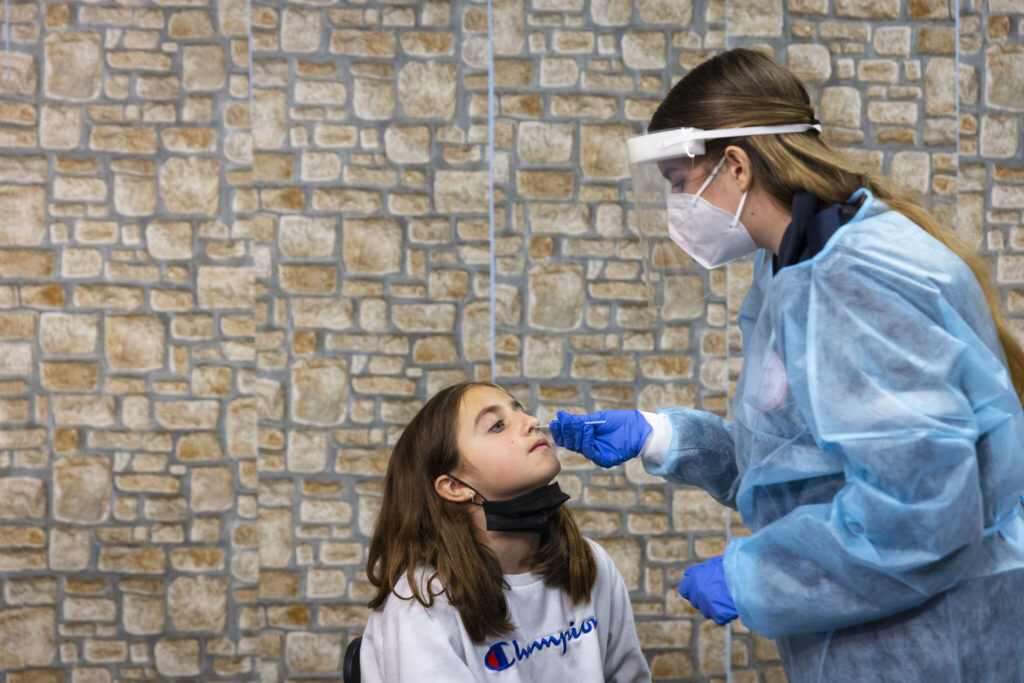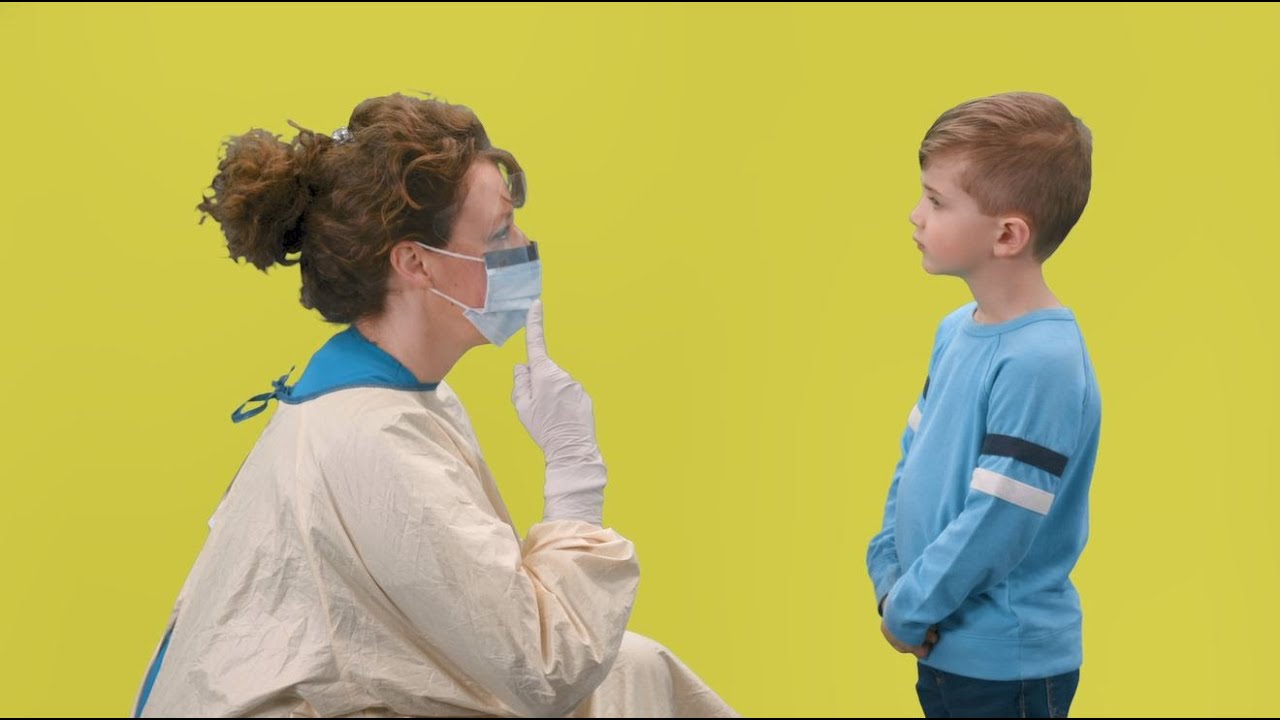There’s no doubt that the world has not been a better place since 2019. The pandemic turns down almost every activity in the world. Today, no one has gotten a perfect solution on what to do about COVID. All we see is only a means to prevent coronavirus from spreading. So, children are not in the exemption. However, some questions will cross your mind when it comes to rapid antigen tests and kids. We are here to provide a solution to those questions.
However, there is a role you need to play. You need to stay focused and follow us closely. So, we implore you not to miss a line in this write-up. It is essential to have a piece of background knowledge. So, we will explain what a rapid antigen test is all about. Are you ready for the ride? Now, let’s ride!
One thing parents must hold sacrosanct is that kids need hundred percent attention. More importantly, kids at their tender age. They always find it so hard to express themselves. So, parents must keep their eyes on them. You can’t expect a kid at 2 to tell you exactly how he’s feeling. Such a child cannot talk. Therefore, parents need to stand in for their children by observing them and providing their necessary support.
Related: Uncommon info on how to use rapid antigen tests to test for COVID
What is a rapid antigen test?
The world was fighting a deadly virus in 2019. It was a severe matter that touched every nation. All things turned upside down, and no one could provide a remedy. The pandemic smashes the world in 2019 and claims innumerable lives. Even markets were affected. Today, some nations are still finding their way to rise.
The connoisseurs and gurus came together to look for a way to end COVID, but their hard work was in vain. So, they conclude that there’s no way to help the world rise again other than to prevent COVID from spreading. The PCR would have been the perfect means to detect COVID variants, but it cannot be carried out at home. A medical expert can carry it out. So, they created a self-test method which is a rapid antigen test.
A rapid antigen test is a medical apparatus that is unambiguously created to diagnose or detect the variants of COVID. Now, one has access to do COVID test right there in one’s comfort zone. With this fantastic tool, every individual can now do the COVID test by themselves and interpret the result. If you do the test accordingly and show that you’re positive, no one needs to tell you to isolate yourself. Then, you can probably call your doctor to prescribe drugs or tell you the necessary things to do. On the other hand, if it’s read negative, you’re free.
What are the symptoms of COVID in kids that need RAT?
The symptoms of COVID in kids and adults are similar. The only difference is that adults can put into words how they feel while kids, especially at their tender age, cannot do that. However, If you notice your child is tired, don’t assume it could be malaria or other sicknesses. The first test you need to administer on such a child is a rapid antigen test. It may be that the child is battling with COVID variants.
Also, fever is another symptom that requires using a rapid antigen test. If your kid is feverish, there should be a cause for alarm. Don’t wait for any medical expert before administering a rapid antigen test on your kid. You need to think about saving other people’s lives at first. If your child has COVID variants and you assume it to be another ailment or sickness, then you want that virus to spread over your house. So, the first thing you need to do is to ensure that the child is free and safe from COVID-19.

Shortness of breath is also something parents and guardians need to know about their kids. If you notice your kid cannot breathe easily, you need to sit tight and do something about it. Other symptoms that require administering RAT in kids are;
- Headache
- Sore throat
- A blocked or runny nose
- Diarrhea
- Loss of appetite
- An aching body
When should I test my child?
Initially, children need to be tested every week. Kids can contact this deadly virus from their friends from school. Also, this virus is flowing in the air. That way, parents don’t need to wait to see COVID symptoms before they run RAT on their kids. Someone said this test should be done for kids at least three times a week.
How will I do rapid antigen tests for my kids?
The process is simple. Your RAT kit has a simple description that is easy to follow. Furthermore, you can contact your doctor and ask him to help you. But we believe this test is simple, and one can run it without anyone interfering. So, please follow the description in the RAT kit.

Does a positive antibody test mean a kid is immune to coronavirus?
Based on research, a positive antibody test does not authorize fortification against the COVID-19 virus. Also, it is proven that people who have recuperated from this deadly virus can still get infected again with SARS-CoV-2. Therefore, antibody tests should not be used to make verdicts about safe inflowing or returning to group settings like schools or dorms.
After your child has an analytical or antibody assessment, it is essential to converse with your pediatrician about positive or negative examination results and know the next step to take. Therefore, follow the steps provided to avert the spread of coronavirus. Your pediatrician may give you tips like wearing face masks, social distancing, and hand washing. Thus, children aged five and above should get the COVID-19 vaccine. And children at age 12 and above should get a booster shot in due time. Call your pediatrician if you have any worries about your child’s health.
Closing thought
Dear reader, please don’t take this vital information for granted. Perhaps, you might have missed something tangible. Please read over again. Lastly, this article needs to go viral. Several people out there should benefit from this write-up. Please share the link to this page to bless people’s life.

